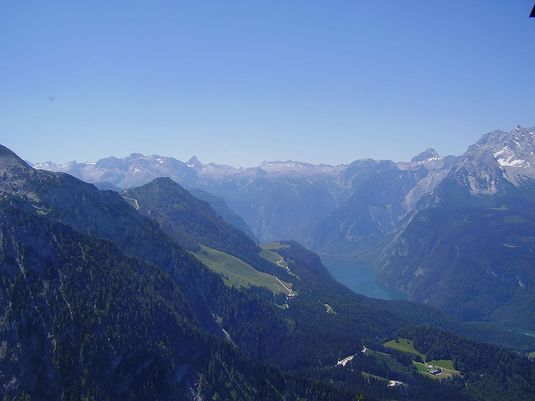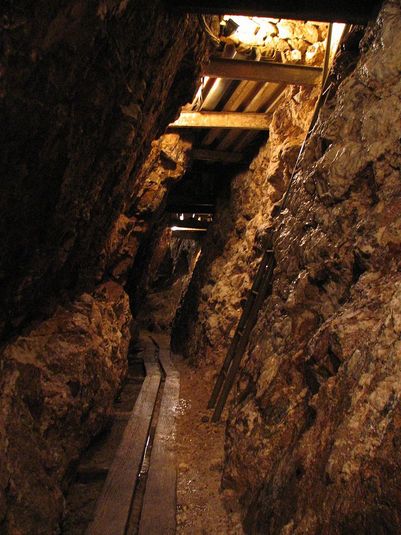Saline History, Alpine Geo-Ecologies and Contested Waterways: Place-based Workshop 2016
03.06.2016 – 05.06.2016
From 3 to 5 June 2016, the Environmental Studies Program will hold its annual place-based workshop in Berchtesgarden / Bad Reichenhall. The place-based workshop will focus on gaining knowledge of this particular setting and improving your "environmental literacy". You will be taught to read and experience the place and landscape through different disciplinary methods (geology, geography, ecology, botany, environmental history, anthropology, and political ecology).
The workshop will feature an interdisciplinary team of teachers, including Prof. Dr. Anke Friedrich (Geology, LMU), Dr. Andreas Groeger (head conservator and botanist, Botanical Garden, Munich), Prof. Matthias Möller (geography, University Bamberg), Prof. Christof Mauch (environmental history, RCC), Dorothea Hutterer (history, RCC) and Stephanie Schlosser (ESP alumni, biology).

Bad Reichenhall’s ecology, geology and environmental history determines this workshop’s main themes. Each day will have its own focus on a different topic. The history of salt mining, changing geo-ecologies in high Alpine regions, and the river Saalach as contested infrastructure will be explored.
Salt and Mining History: The area has been settledat least 2500 B.C. Since Roman times, salt has been mined here, and the valley was contested territory between the powerful clergy of Salzburg and the secular powers in Bavaria. Industry needs energy: in the mining process, salt has to be burned, steel has to be hammered. In 1509, a “Waldmeisterstelle” was installed to manage forestry in sustainable ways. 100 years later, the last forests were choped, and the first pipeline was built to bring salt to Traunstein to have it burned there.
High Alps: Emerging Ecologies and Geology: Saturday will be all mountain tops: Anke Friedrich will guide us through the genesis of the Alps on site and Andreas Gröger will show us the plants capable of dealing with both alpine climate and alpine tourists.
Contested Waterways: In the early 20th century the river Saalach that powered the mills was dammed for a hydropower plant that could help electrifying the trains. Today, a new plant at the Saalach is planned to provide the energy needed for the “Energiewende”. The power station “Nonner Rampe” is heavily debated in Bad Reichenhall, with valid arguments on all sides. On Sunday we will learn about the pro’s and con’s of the plant, giving us a glimpse of the anthropocene’s troubles. Finally, Matthias Möller and Stephanie Schlosser will lead us through the Saalach’s floodplains and its neophytes.

Please apply until 15.4.2016 if you want to join: kyrill.hirner@rcc.lmu.de.
We look forward to seeing you there!
Dr. Ursula Münster (Academic Coordinator, ESP)
Kyrill Hirner (Organisation Place Based Workshop)

